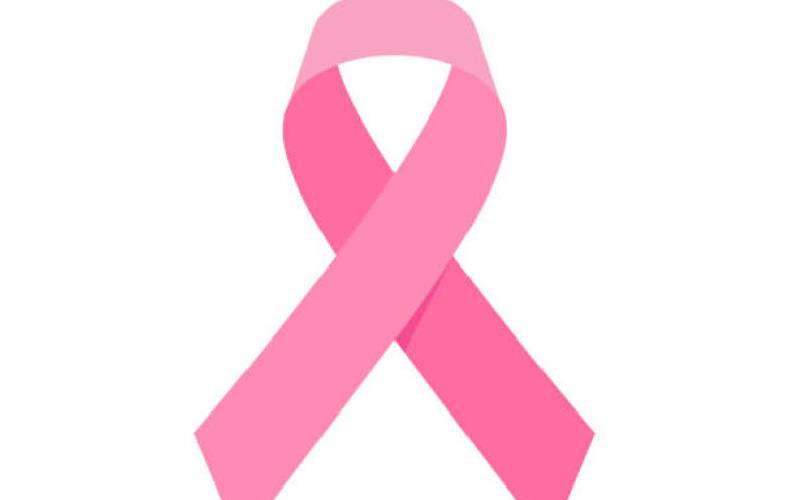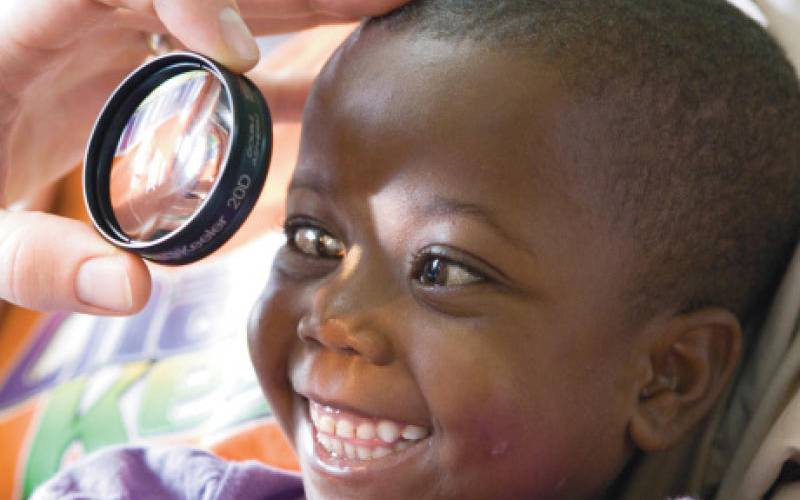The 9th Stop Cervical, Breast and Prostate Cancer in Africa Conference kicked off at Kenyatta International Convention Centre yesterday. First lady Margaret Kenyatta is hosting the conference at which 30 other First Ladies from Africa are in attendance.
Ever since her husband, President Uhuru Kenyatta assumed office, the First Lady has made health her main priority. Her Beyond zero campaign that seeks to ensure no mother dies while giving birth is progressing well.
So far, she has donated fully equipped mobile clinics to 22 counties, but her target is to provide all the 47 counties with mobile clinics. Commendably, her husband was at hand to launch the conference yesterday.
Mr Kenyatta announced that the Government will put up four specialised cancer treatment centres across the country to increase access to quality care.
A partnership between the Health ministry and the Beyond Zero campaign seeks to equip 100 hospitals countrywide with cancer screening and treatment machines.
Sadly, cancer has overtaken HIV/Aids, tuberculosis and malaria to emerge the leading killer with a global fatality rate of 8 million people annually. President Kenyatta said the disease had become a public health issue that could no longer be ignored. At least 3,000 cases of cervical cancer are reported yearly, with half the victims dying in the country.
Late detection and lack of diagnostic equipment have contributed to the rise in deaths that could have been prevented with a 40 per cent success rate. This is compounded by the poor financial status of the victims who cannot meet the cost of treatment even when proper diagnosis has been done.
Cancer prevalence in Africa has been on the rise with 90 per cent of the cases manifesting in adults above 40 years, yet it is a disease that can be prevented and managed if detected early.
Unhealthy lifestyles, medical procedures like the hormone replacement therapy, oral contraceptives and excessive calorie intake are some of the factors that have led to an increase in breast and cervical cancer.
Besides prostate cancer, men are also at risk of contracting breast cancer. It is advisable for men to be on the lookout for any unusual swellings in the areas around their breasts and around the nipple. Any lumps that may be detected must be carefully examined by a doctor to determine whether they herald the onset of breast cancer.
Research has also established that smoking, excessive alcohol intake and lack of exercise puts people at risk of contracting cancer.
While in the past health budgets were mainly concentrated on combating other killer diseases like HIV/Aids, Tuberculosis and Malaria, little emphasis was put on the treatment of cancers which were erroneously seen as diseases that afflicted only a few, often the rich who could afford the expensive treatment. But with the increased cases among the poor families and a high death toll, the Government has invested in cancer treatment machines through the Sh38 billion medical equipment scheme.
The fight against cancer must be stepped up especially when viewed against the fact that they account for over 27,000 deaths annually in the country and costs the global economy a staggering $1 trillion annually. This is a cost beyond the reach of many in the developing world.
 The Standard Group Plc is a
multi-media organization with investments in media platforms spanning newspaper
print operations, television, radio broadcasting, digital and online services. The
Standard Group is recognized as a leading multi-media house in Kenya with a key
influence in matters of national and international interest.
The Standard Group Plc is a
multi-media organization with investments in media platforms spanning newspaper
print operations, television, radio broadcasting, digital and online services. The
Standard Group is recognized as a leading multi-media house in Kenya with a key
influence in matters of national and international interest.
 The Standard Group Plc is a
multi-media organization with investments in media platforms spanning newspaper
print operations, television, radio broadcasting, digital and online services. The
Standard Group is recognized as a leading multi-media house in Kenya with a key
influence in matters of national and international interest.
The Standard Group Plc is a
multi-media organization with investments in media platforms spanning newspaper
print operations, television, radio broadcasting, digital and online services. The
Standard Group is recognized as a leading multi-media house in Kenya with a key
influence in matters of national and international interest.







